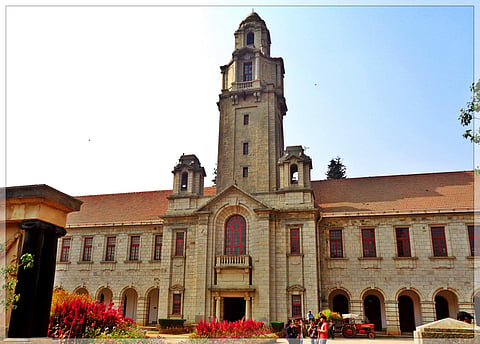

Researchers at the Centre for Sustainable Technologies, Indian Institute of Science (IISc), have claimed they have developed an efficient decentralised wastewater treatment and recycling system at Berambadi primary school situated in the remote village of Berambadi in Karnataka.
A new study, published in the Journal of Water Process Engineering and carried out in collaboration with researchers in the UK, shows how the system has, over the past year, enabling the reuse of wastewater and reduced dependence on freshwater resources, IISC said in a release.
"We have demonstrated for the first time that decentralised wastewater treatment systems can be economically put into practice in a rural setting," Assistant Professor at CST and a senior author of the paper Lakshminarayana Rao said. According to IISC, the research team operated the greywater treatment system for a year and monitored the different physicochemical and biological characteristics of the greywater at the entry and exit points.
The performance of every treatment stage was quantified in terms of removal efficiencies (REs) of turbidity, Total Suspended Solids (TSS), nitrate, total phosphorus, Biological Oxygen Demand (BOD), Chemical Oxygen Demand (COD) and faecal coliforms (FC), it said.
Overall, the system showed high REs of more than 90 per cent for most of the parameters. About 667 litres of greywater were treated daily using the system, saving around 180,000 litres of water annually, it added.
Such a robust wastewater management system can be replicated in both rural and urban settings after taking into consideration various factors such as space limitations, baseline greywater quality and daily flowrates, the authors suggested explaining how the system works.
"The people from Berambadi village are very happy with the system. Based on the success of this sustainable wastewater management project, several other schools in Karnataka have approached us to duplicate it in their schools," Rao said.
